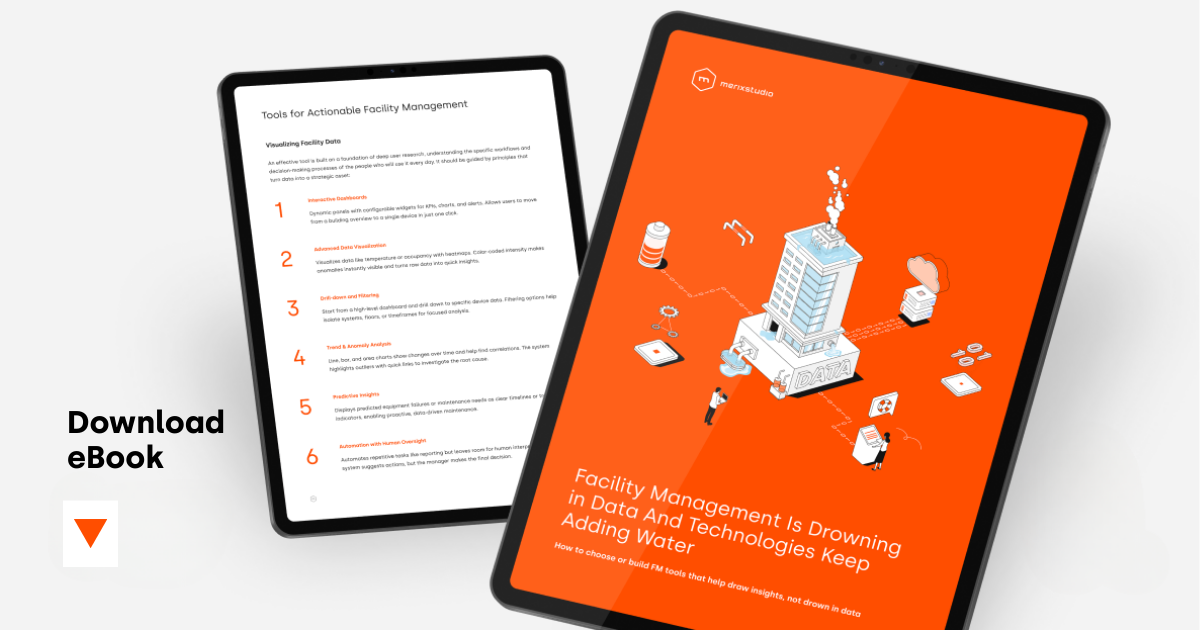Programming technologies - which one to choose?
There are two kinds of people in the world - some who have programming in their blood since birth, and they naturally know how is everything about the code going. And all the rest who have to learn it - get wind of dedication and hard work. But if you’re ready for it and convinced that the programming world is for you - here are some tips about what should you do to get your first job as a junior developer.
After gaining some basic technical knowledge, it’s worth to decide which technology and which programming language you would like to work with. I asked our frontend developer Maciej Menakiewicz how he decided which the programming language is a better choice, and here is what he said:
You know what, I think there’s no such thing as good and bad programming languages. There are only those that are more or less interesting FOR US, easier or harder to learn FOR US and we should decide what is a good fit FOR US. Of course, it’s important to follow trends, the stability of technology and the expectations of employers, but the crucial thing is - if you want to do something right, do it with passion.
If you’re looking for some opinions about particular frameworks and languages, you can find them on our blog - just check the post about frontend developer career path or the one convincing that Django is still hot in the web development industry. There’s also a lot about Python like hints on how to master it.
How to start?
Let’s get back to Maciej’s story (btw, another Maciej from our frontend team, posted about first steps in web development some time ago). How did he start his adventure with software development? After graduating sound engineering studies and the next one about the technical use of the Internet he took a job in internet marketing where he created newsletters. This work didn't give him satisfaction and more than the design of newsletters he was interested in the whole mechanism of their creation and delivery from the technical point of view. One time he got the chance to create a small application for the production company and decided to go this way, but the beginnings of coding began earlier, in middle school. He attended a front-end course at one of the leading programming schools in Poland named Coders Lab. This was a very intense time for Maciej, the course was more like a signpost for independent solving of tasks, but the mentor's care, people with practical experience checking the code and giving good advice were great values.
The training is useful to systematize your knowledge and keep the right direction in learning. You can choose between online and offline courses as well as bootcamps and programming schools. Which path will you choose depends only on you - are you disciplined enough to learn for yourself? Or maybe you prefer stationary classes? One thing is for sure - it will be useful to have a mentor - programmer who can help you when you need it.
What are the recruiters of junior developers looking for?
Mainly, make your resume not empty… and I don’t mean business projects because many people at the beginning of their professional career don’t have the opportunity to create commercial work. It’s important to show your potential, motivation, and initiative. Do you work on your private project and polish up your skills? Put it on GitHub and highlight it in your resume. Do you think that this is a small project and it isn’t worth pointing out? Nobody expects a beginner developer to create sophisticated web applications that solve global problems, but it's nice to show that you are using the code, working with some technology and trying to improve your programming skills. Did you study computer science and work on programming projects during your studies? Show it off! Don’t forget to mention what technologies you use and what you are interested in as well as what you want to learn in the future.
Show yourself and let them find you!
If you want to find your first job in IT quickly, let yourself be known and show yourself to recruiters. You must be active - an excellent solution is to participate in IT-related conferences where you have the chance to talk with potential employers - and very often with technical persons, experienced developers, team leaders and people with whom you will be able to work someday. You have the opportunity to get to know the local market and companies that may be interesting to you. The best part of conferences is that you not only can meet IT people but also - and what is the main aim of participating in such events - you still learn new things and develop your skills by listening to more experienced devs.
Also, it’s worth to participate in meetings organized by the IT companies or programming community. These are less formal meetings so-called meetups, where you can listen to great lectures, meet other programmers and also meet people from HR departments. Be open, talk and ask - it is also a skill which recruiters are looking for.
Meetups are usually pretty regular meetings - it’s worth taking part in them not only to make new contacts but also to expand knowledge! I met great people on events related to Python - Django Hotspot and a new meetup called front.radar - for frontend enthusiasts.
And don’t be afraid to talk! If you really liked some lecture, go straight to the speaker and say it to him/her, build your connections network. You never know where this kind of relationship may lead you in the future.
Hackathons and programming workshops, such as our own Dev College and Dev College Combo, are also a good idea - even if you think the level of your knowledge is too low, try! It's a great chance to talk and observe people more experienced at work, asking questions and solving problems.
Wyświetl ten post na Instagramie.
Post udostępniony przez Merixstudio (@merixstudio) Lis 30, 2018 o 8:11 PST
Remember to put all your initiatives in your resume - this will show the recruiters that you are involved and active! Another good idea to find the first job is to be active on social and business portals. Create and complete your LinkedIn profile, invite recruiters to your network, reply to messages and show interest - create your personal brand. Join the Facebook groups dedicated to programmers. Recruiters post job offers or information about local events there. Follow the profiles of software houses that you like - you can find there a lot of information about open recruitments, work culture, company life and technology trends. If you want to work with them - let them know about it and send an email.
Don’t be discouraged and keep on
Last but not least - don’t give up! You have my word that the hardest thing is to find the first job in IT. Later, if you ever lose your job or decide to change your position, you will remember the famous meme - "these 37 minutes in unemployment was the worst time in my life!”
.svg)






.svg)
.svg)
.avif)

.avif)
.avif)
.avif)
